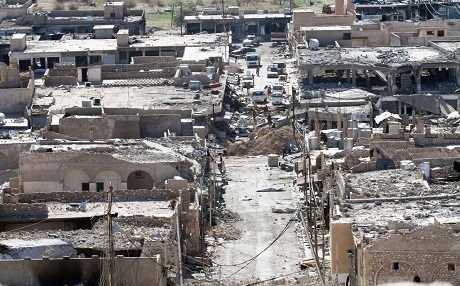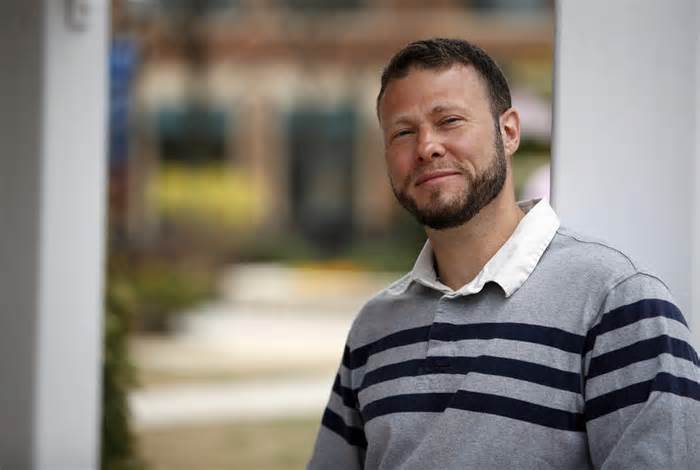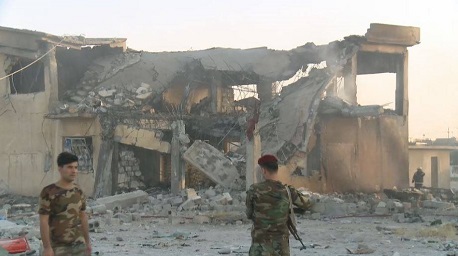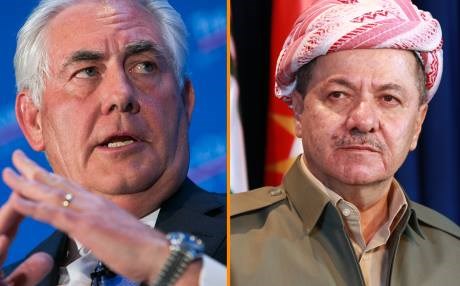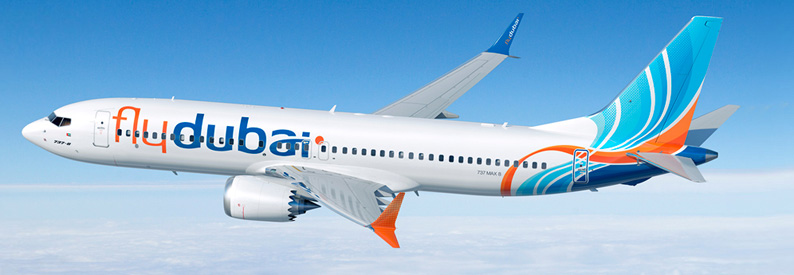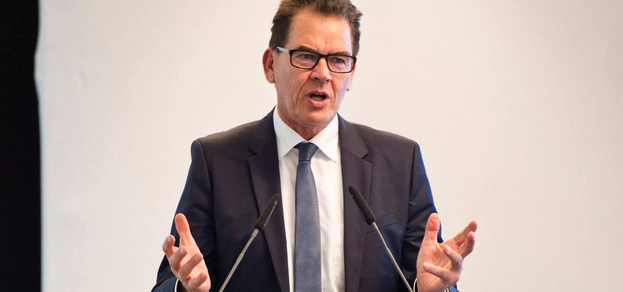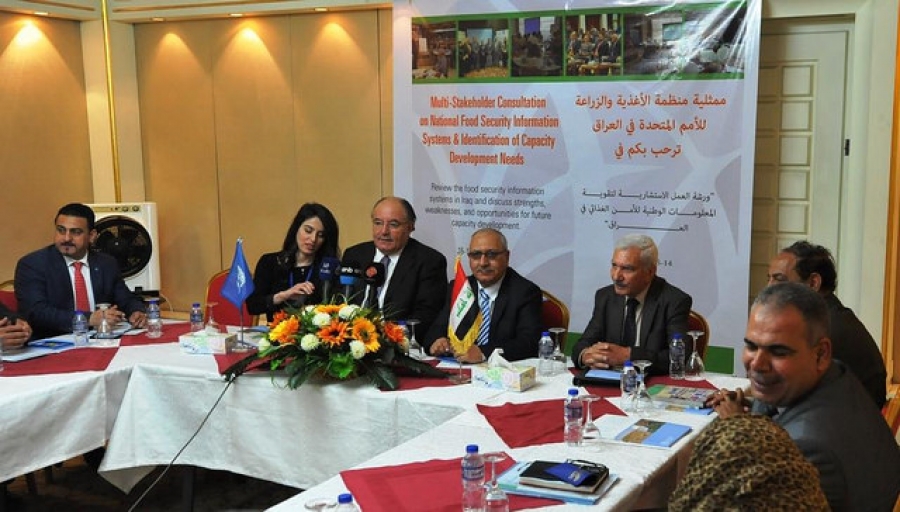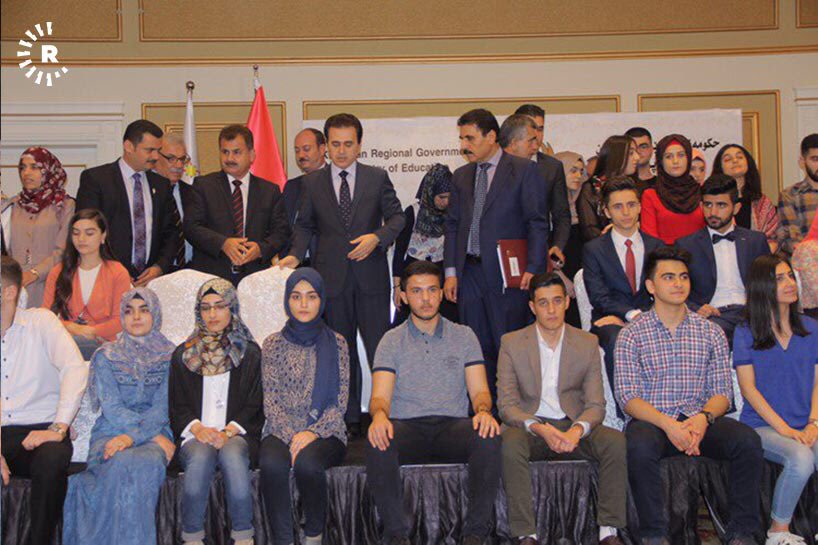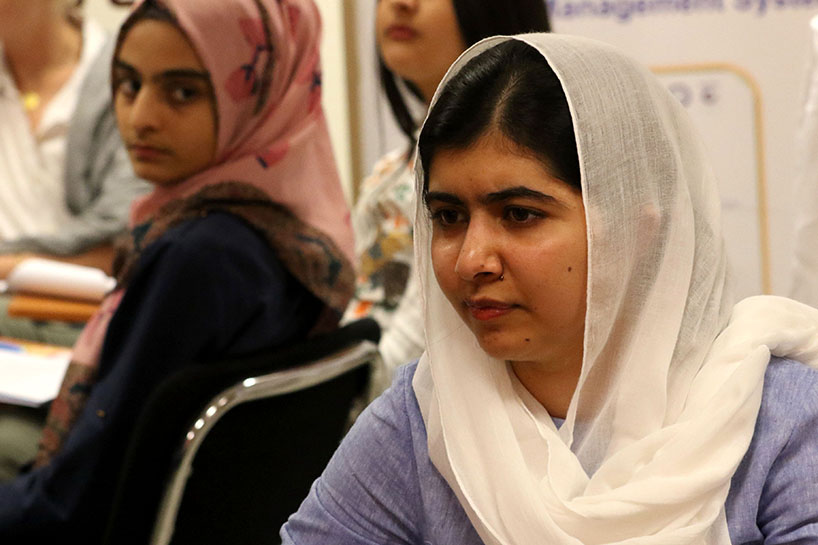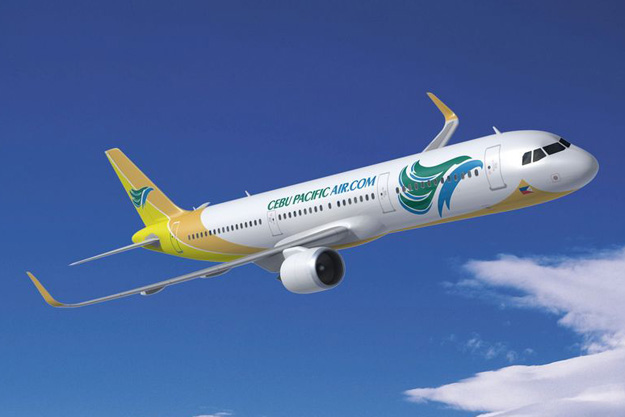KRG has a particular plan for Shingal town which is the construction of 2,000 residential units
France Contributes $1m to Resilience in Iraq
France contributes US$980,600 to resilience in Iraq
The Government of France has contributed US$980,600 (€833,500) to UNDP’s Iraq Crisis Response and Resilience Programme (ICRRP) to promote recovery and resilience-building in areas liberated from the Islamic State of Iraq and the Levant (ISIL).
Hundreds of thousands of Iraqis fled the ISIL takeover of the Ninewah Plains in 2014. Most have yet to return. Families from these areas, particularly Karemles, Hamdaniya (Qaraqosh), and Bartella, face multiple challenges due to the destruction caused by ISIL, including a lack of job opportunities, the disruption of basic services, and heavily damaged housing.
France’s contribution to ICRRP will help restore livelihoods and facilitate the return of internally displaced people from the Ninewah Plains, including vulnerable minority communities, through housing rehabilitation and the provision of grants to small businesses. The project will be implemented by two non-governmental organizations, L’Oeuvre d’Orient and Fraternite’ en Irak.
UNDP’s Resident Representative for Iraq, Ms. Lise Grande, said:
“These communities have been through so much. France’s contribution comes at just the right time to help families return home safely, voluntarily and in dignity.”
The French Ambassador to Iraq, Mr. Bruno Aubert, said:
“This integrated project will allow these communities to benefit again from basic services, and help them engage in local economic activities that produce income for their families.”
UNDP’s ICRRP provides fast-track support to vulnerable families in newly liberated cities and villages where social tensions threaten community cohesion.
ICRRP is designed as a resilience and recovery programme to help families withstand the multi-dimensional shocks associated with post-liberation and large-scale returns.
(Source: UNDP in Iraq)
UPDATED: 3 Peshmerga ‘slightly injured’ after explosion; governor says no attack
“No civilians were injured
Kurdish Presidency denies phone call with US Secretary of State
“this news is false
Maiden MAX for flydubai
Low-cost carrier flydubai has taken delivery of its first Boeing 737 MAX 8, A6-MAX (c/n 60966). The aircraft, the first of 76 the airline has on order, was handed over on July 31 making flydubai the first operator of the type in the Middle East.
“We are delighted to receive our first Boeing 737 MAX 8 aircraft from our order made at the Dubai Airshow in 2013,” said Ghaith Al Ghaith, Chief Executive Officer, flydubai. “This marked the largest single-aisle Boeing aircraft order placed in the Middle East. With this new chapter, we are looking forward to continuing our work with Boeing as we benefit from increased efficiency and are able to offer an enhanced customer experience.”
Flydubai operates an all-Boeing fleet, with 58 737-800s already in service on a network that stretches from the Czech Republic in the west to Thailand in the east and as far north as Russia and Tanzania to the south.

The airline has 76 MAX 8s on order. (Photo flydubai)
“Flydubai’s growth in just nine years has been remarkable and Boeing is honoured to have been part of this journey,” said Boeing Commercial Airplanes President and CEO Kevin McAllister. “This delivery marks another significant milestone in our partnership. We are confident that the market-leading efficiency and reliability of the 737 MAX will play a key role in flydubai’s continued success and complement its current Boeing fleet.”

The aircraft was handed over to flydubai on July 31. (Photo flydubai)
Ken Gile, Chief Operating Officer, flydubai, added: “As the first MAX customer in the region, we look forward to the further fuel and operating efficiencies that this aircraft will bring to our young, modern fleet. Our flight crew share our excitement in operating one of the most highly anticipated commercial aircraft to enter service on our network.”
Germany Increases Aid for Mosul by $117m
Germany has announced an additional $117 million (100 million Euros) in aid to help rebuild the city of Mosul following its liberation from IS; much of the city is in ruins after months of fighting between government forces and IS for control of the city.
The German government has stated that it will massively step up its financial aid to Mosul after its liberation from the IS, who held the city for three years.
German Development Minister, Gerd Mueller (pictured), announced the additional funding in an interview on July 25, which also reported that Germany had up to now invested some $60 million in stabilizing areas around Mosul and its outlying areas.
Mueller said that German support had already enabled more than 60,000 children in Mosul to go to school again and provided 150,000 people with access to vital drinking water.
Most people who had fled from IS have remained in the region and want to return to the city, according to Mueller, who has recently visited a refugee camp in the area.
(Source: GardaWorld)
New Iraqi Child and Adolescent Health Strategy (2018-2020)
Under the Patronage of Her Excellency the Minister of Health & Environment Dr Adeelah Hamoud Hussien, the Public Health Directorate (PHD) in collaboration with the World Health Organization (WHO), the United Nation Children’s’ Fund (UNICEF) and the United Nations Population Fund (UNFPA) launched on 20 July 2017 the National Reproductive, Maternal, Newborn, Child and Adolescent Health Strategy (RMNCAH) 2018–2020.
The strategy was developed in alignment with the national development plans and strategies to map the road for galvanizing actions to achieve the Sustainable Developmental Goals (SDGs) for health in Iraq.
With the present diverse health challenges and public health risks and threats such as disease outbreaks and high maternal and child mortality rates, the community of health professionals in Iraq needs an updated national RMNCAH strategy (2018–2020) that would support stepping up joint efforts to complete the unfinished work of the Millennium Developmental Goals (MDGs).
The RMNCAH strategy aims to address the inequities among underserved areas in Iraq, stricter compliance to measurement and monitoring of progress, the inclusion of the humanitarian aspects and adherence to the 2030 agenda for SDGs, particularly those related to the health of women, children and adolescents, and the inclusion of innovative approaches for monitoring progress during the implementation of the RMNCA strategy 2018–-2020.
Together with the national health authorities and civil society, WHO, UNICEF, and UNFPA will work to support the government of Iraq with the necessary technical and operational modalities to improve the health and well-being of women, children, and adolescents in the country.
(Source: WHO)
Kurdistan’s top students announced
a total of 225,000 students from the 9th and 12th grade sat the 2016-2017 final exams
Malala Yousafzai marks her 20th birthday among university students in Kurdistan
She hailed co-existence among the Kurdistan Region’s different ethnic groups
More A321s for Cebu Pacific
Low-cost carrier Cebu Pacific has placed an order for seven Airbus A321ceos, topping up its existing commitment for 32 A321neos. The Manila-based airline says the aircraft are required to meet strong growth on its domestic and regional network, with the first airframes due to join the fleet next year.
“We are very excited about adding the A321 to our fleet,” said Lance Gokongwei, Cebu Pacific President and CEO. “The aircraft will enable us to increase capacity on popular routes, while at the same time benefiting from the lowest operating costs in this size category. This will mean more low fares for more customers flying across our domestic and regional network.”
Cebu Pacific operates an all-Airbus fleet of 36 A320s, four A319s and eight A330-300s, serving more than 60 destinations in Asia, Australia, the Middle East and the US (Guam).
“We are pleased to sign this additional order with one of the most successful airlines in the Asian region,” said John Leahy, Airbus COO, Customers. “With the A321, Cebu Pacific will be able to respond to growing demand with the highest levels of efficiency.”

